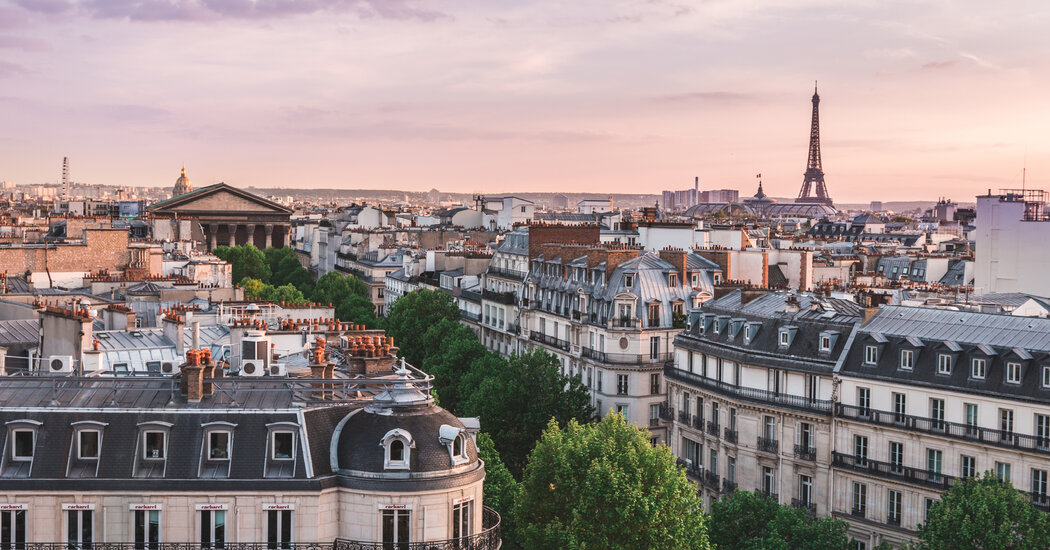
Anyone who’s visited Paris in late July and August knows the word “fermé.” It adorns the darkened windows of chic indie boutiques and cozy bistros whose owners, along with other locals, have fled the city on their annual vacations.
This summer, with Paris expected to draw nearly 15 million visitors between July 26 and Sept. 8 for the Olympic and Paralympic Games, that ritual is anything but certain. Many shopkeepers, bakers, restaurateurs and tour guides — citing patriotism as well as profit — say they’re planning to stay open.
It’s a decision that comes with unpredictability. The 2012 London Olympics have cast a long shadow in Paris. Before those Games, warnings of overcrowded roads, congested transit and security concerns emptied out much of the popular city center and the West End, causing a tourism slump in those areas. Small-business owners in Paris are hoping history does not repeat itself.
The French capital is in a better position than the British capital was, insisted Pierre Rabadan, Paris’s deputy mayor for sports. Most of the events in London were held in one section of the city, he said, while in Paris, they’re taking place all over. “So when businesses have asked if they should stay open,” he explained, “we tell them we’re trying to create the conditions for this to be a real opportunity and for the city to function normally.”
With streets restricted, Metro stations closed and public transportation likely to be jammed, “normally” might be a stretch. But if you’re traveling to Paris for the Olympics or Paralympics, you will most likely find more dining and shopping options than you would otherwise see at that time of year. Here’s what to expect.
Preparations and a few disruptions
“If you want to have your ‘Emily in Paris’ trip to Paris this summer, you absolutely can,” said Olivia Grégoire, France’s minister in charge of tourism. Most popular attractions will remain open as normal, but a few closures could complicate plans.





